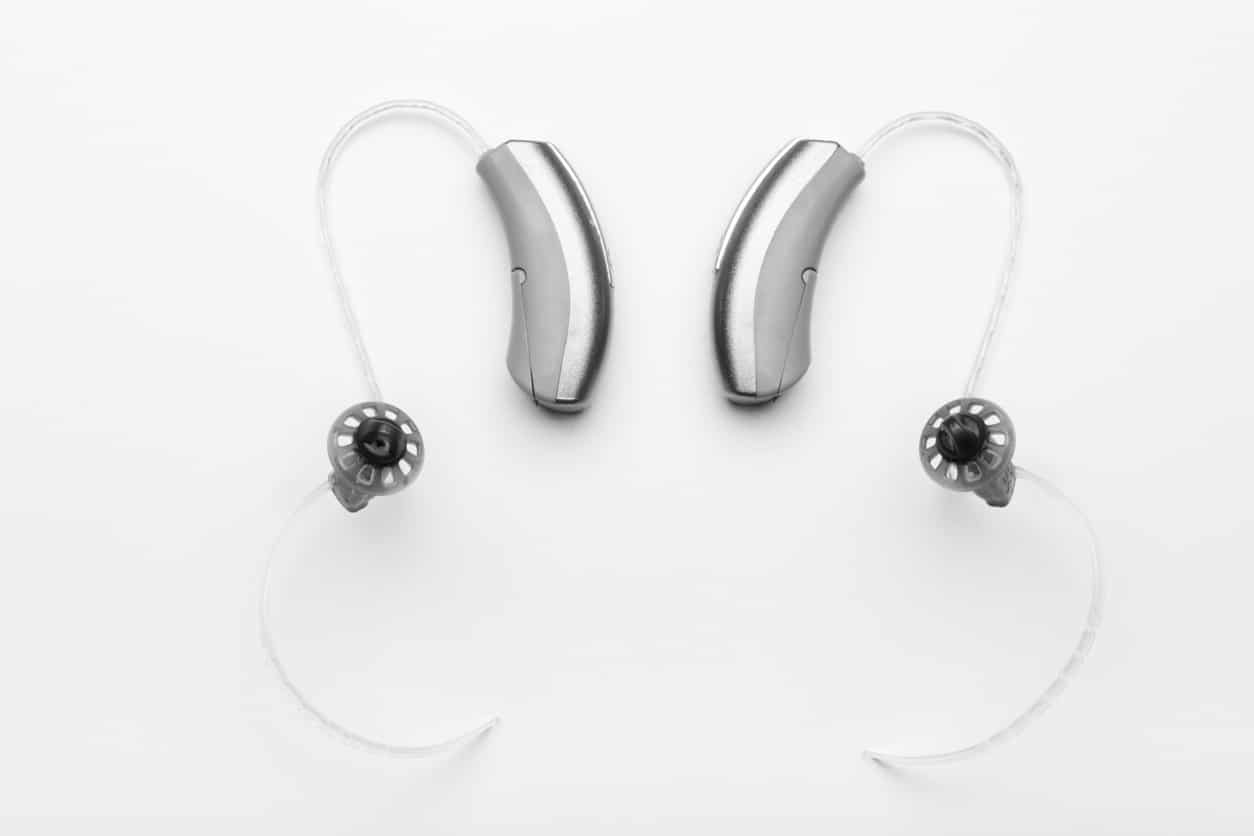Approximately 28.8 million Americans could benefit from using hearing aids, yet only one in three who needs them actually uses them. Understanding the mechanics of hearing aids and their benefits can help individuals appreciate their potential value. Here’s a detailed look at how hearing aids work to improve sound for those with hearing loss and why they might be a valuable addition to your life.
How Hearing Aids Work

Hearing aids function by amplifying sounds, making speech and other noises more audible for those with hearing loss. Key components of hearing aids include:
- The microphone, which picks up sounds from the environment and converts them into electrical signals.
- The amplifier, which increases the strength of these signals.
- The speaker, which sends the amplified signals to the ear.
- A small battery, which powers the hearing aid. Batteries can be disposable or rechargeable, depending on the model.
Hearing aids are designed to manage various types of hearing loss, often caused by damage to the inner ear hair cells that transmit sound signals to the brain. It’s important to understand that hearing aids do not restore hearing to its original state.
Modern hearing aids may also come equipped with features like directional microphones, feedback suppression and noise reduction, which enhance their performance and user experience.
Benefits of Hearing Aids
The benefits of using hearing aids include:
- Improved communication: Hearing aids enhance the ability to hear conversations by amplifying speech and reducing background noise. This is particularly useful in noisy environments, such as The Optimist, reducing misunderstandings and frustration. Clearer communication helps improve relationships with family, friends and colleagues.
- Increased safety: Hearing aids amplify important environmental sounds, such as alarms, sirens and traffic, helping users respond promptly to potential dangers and avoid accidents. Being able to hear a smoke detector or an approaching vehicle is crucial for personal safety.
- Enhanced quality of life: Using hearing aids makes it easier to engage in conversations, participate in activities and feel present in social interactions. This reduces feelings of isolation and promotes a more active lifestyle. Additionally, improved hearing is associated with better mental health, reducing the risk of depression and cognitive decline linked to untreated hearing loss.
If you or someone you know is experiencing hearing loss, considering hearing aids is an important step towards improving overall well-being. Advances in hearing aid technology have made them more effective, comfortable and discreet than ever. Today’s hearing aids are powerful and can be customized to meet individual needs and preferences.
For more information on hearing aids and to find the best solution for your needs, consult with a hearing specialist at Advanced Hearing today.


